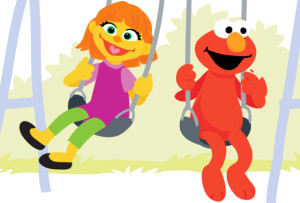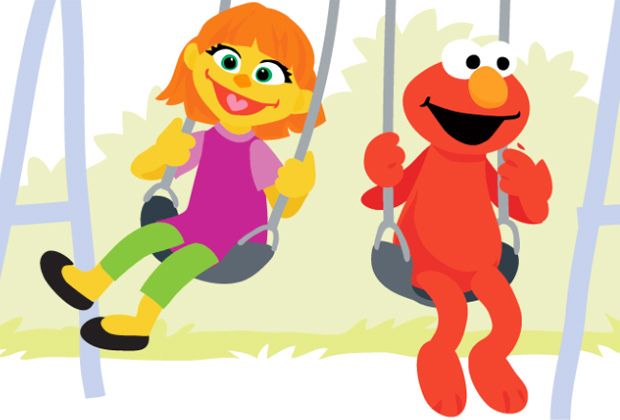>> The son of a friend was recently diagnosed with autism. He is a sweet boy filled with joy and love who likes to play and make new friends.
The son of a friend was recently diagnosed with autism. He is a sweet boy filled with joy and love who likes to play and make new friends.
I am so proud of her for seeking help early, yet my heart also aches for her. No matter how educated you are, no matter how practical you are, the ‘autism’ label is scary. And it is really hard for a parent to accept and to come to terms with that reality. All of a sudden, in the moment it takes to utter the word, your child is on a different path, likely a harder path. There are more questions than answers, and you feel responsible for it all.
I have some idea of what that’s like. We’ve been through our own testing and evaluation with a child, struggling to determine where things were off track, trying to determine where quirkiness ended and the spectrum began. There was a labyrinth of specialists and different answers everywhere and endless anxiety. There were speech therapists and occupational therapists who did amazing things for our family.
But, it was – and is – really hard to talk about autism, even with family. I was embarrassed, ashamed, and scared. Even though I knew better, knew these challenges weren’t a reflection on our child or on our parenting, I feared people would judge me. I was afraid that people would look at my child differently, expect less of him. My fear isolated me.
Once I finally put my trust in my friends, I found more support than I ever imagined. Many had been through or were going through similar situations. I discovered that in my own circle of moms, friends were dealing with autism, ADHD, speech delays, and sensory issues. We shared resources and ideas, but most of all we supported each other through a tough journey. We love each other’s kids for who they are, and we educated ourselves together.
That I would find friends facing similar challenges is not all that surprising, given that 1 in 68 American children has an autism spectrum disorder and 11 percent of American kids have ADHD. It is more surprising that I didn’t know how much we had in common and that I didn’t fully appreciate the power of those connections.
Because even though developmental challenges – and autism – are so common, there is still a very powerful stigma surrounding them. That’s why it is so important that we all put aside the embarrassment and the fear. We need to open the conversation – the real conversation – about our children.
Sesame Street unveiled a new character recently – Julia, a little girl with autism. It is an important step forward for children on the spectrum, giving them someone they can relate to. But it may be even more important for neurotypical children; a way to help them understand children who are different and to replace their fear with kindness.
Sesame Street’s move to represent the millions of children with autism and to foster acceptance has, rightly, been met with praise. Here’s hoping that Julia and her new fans will do their part to help us talk about autism and to accept the families dealing with it.

There are no comments
Add yours